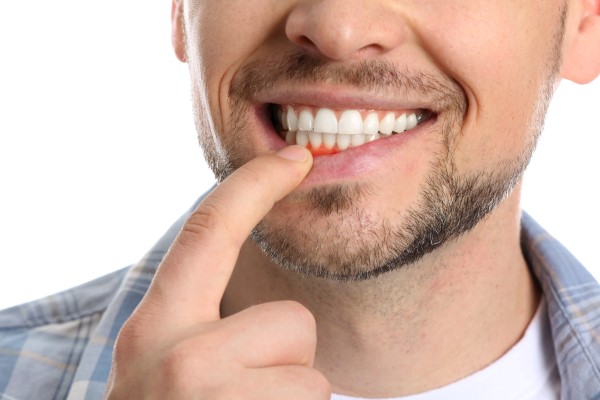Pros and Cons of Flexible Partial Dentures

If you wear dentures, then you may have heard of flexible partial dentures. These unique dentures can provide advantages that traditional dentures do not.
If you are considering a switch to flexible partial dentures, have a discussion with your dentist about some of the benefits that come with these dentures.
Pros of flexible partial dentures
Before you speak with your dentist, look at some of the benefits of these dentures:
They do not break easily
Since dentures are made of harder material, dropping them can often cause a crack. Broken dentures are expensive and time-consuming to replace. Flexible partial dentures have more give and will withstand falls well.
Softer than regular dentures
Regular dentures consist of hard material that can rub against the soft tissue of your gums. This irritation is painful and will often deter you from regular denture use.
Flexible partial dentures are made of softer material that is easier on your gums. You can wear your dentures all day and enjoy the best parts of life like delicious meals with loved ones.
Do not require adhesive or metal
Metal can be problematic for a few reasons, especially if you are trying to board a flight! However, another advantage of removing metal from your mouth is that metal can naturally cause inflammation and redness of your gums. This can lead to pain while wearing traditional dentures.
Did you know the adhesive used in dentures also can irritate the tissue of your mouth? Flexible partials dentures do not require adhesives, which can reduce any oral irritation.
Do not hide your natural gums
Flexible partial dentures often consist of a flexible light pink material that allows the gums to show through. This gives you a more natural smile than other types of dentures.
Faster to make
Traditional dentures take a minimum of 4 visits and 3-6 weeks to prepare. This does not include the process of tooth extraction and the additional time and visits required. When you add this extra time, it can take up to ten weeks to complete the entire process. This can be incredibly taxing and add unnecessary complication to your life.
Cons of partial flexible dentures
There are also some disadvantages to keep in mind before speaking with your dentist:
Bacterial buildup
The material used in flexible partial dentures can be prone to bacterial buildup. The soft and flexible material is friendly to bacterial growth. For this reason, it is very important to practice regular oral hygiene and brush your partial dentures every day. Failing to do so can lead to gingivitis and gum disease.
Not repairable
While flexible partial dentures are much harder to break than traditional dentures, they do not repair as easily. If you break them, it may require a replacement of the entire set.
Not permanent
Flexible partial dentures have a less permanent feel for those looking for a teeth replacement option that feels more natural and requires less maintenance.
Are you considering flexible partial dentures?
Like everything else, all types of dentures have their advantages and disadvantages. Make sure to discuss these with your dentist to find out if flexible partial dentures are right for you. If you do not have a regular dentist and have more questions, call our office to begin restoring your smile.
Request an appointment here: http://www.drmccawley.com or call James R McCawley DDS at (615) 526-2497 for an appointment in our Murfreesboro office.
Check out what others are saying about our dental services on Yelp: Partial Dentures in Murfreesboro, TN.
Recent Posts
Gum disease is not a condition you should ever ignore. At the first signs of trouble, you should talk to your dentist about how to treat these issues and restore your gums to good health. While the dentist can recommend in-office treatment, there are also things you can do on your own. Along with good…
An emergency dentist provides immediate care for urgent dental issues. Dental emergencies can happen anytime, often causing pain or discomfort that cannot wait for a regular appointment. Recognizing the signs of a dental emergency helps patients seek the right care quickly and can prevent further complications and protect their oral health.A dental emergency calls for…
Patients often wonder what occurs during an oral cancer screening. Read on to learn more about this essential part of a dental checkup. Dentists are trained to provide visual oral cancer screenings. Depending on someone’s lifestyle choices or family history, the dentist may suggest an oral cancer screening. These visual exams take just a few…
When there is an obstruction in the airway during sleep that results in loud sounds, snoring treatment from a dentist may be beneficial. Nearly everyone snores at some point, but for some individuals, it is a chronic problem. Although surgery may be recommended for severe cases, there are also oral devices that can reduce the…


